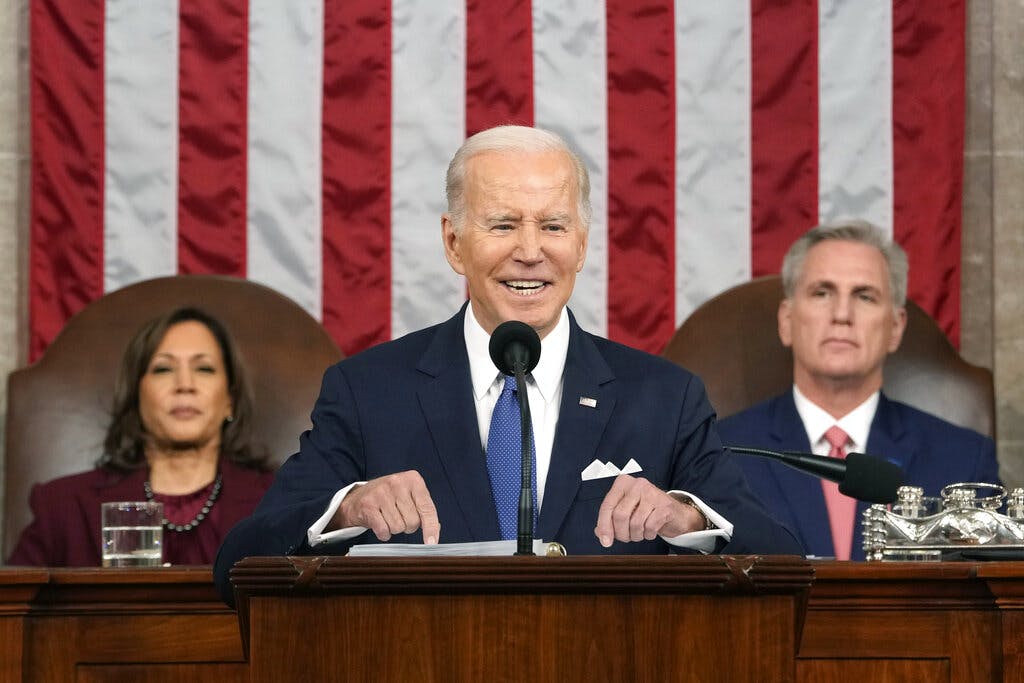
Air Travelers at Mercy of Homeland Security Department After Suspension of Two Security Screening Programs
By SHARON KEHNEMUI
|As is typical for Washington, the parties appear to be talking one game and playing another.

Already have a subscription? Sign in to continue reading
$0.01/day for 60 days
Cancel anytime
By continuing you agree to our Privacy Policy and Terms of Service.

By SHARON KEHNEMUI
|
By NEWT GINGRICH
|
By LENORE SKENAZY
|
By DAVID JONES
|
By JOSEPH CURL
|
By JOSEPH CURL
|
By JOSEPH CURL
|
By DAVID JONES
|